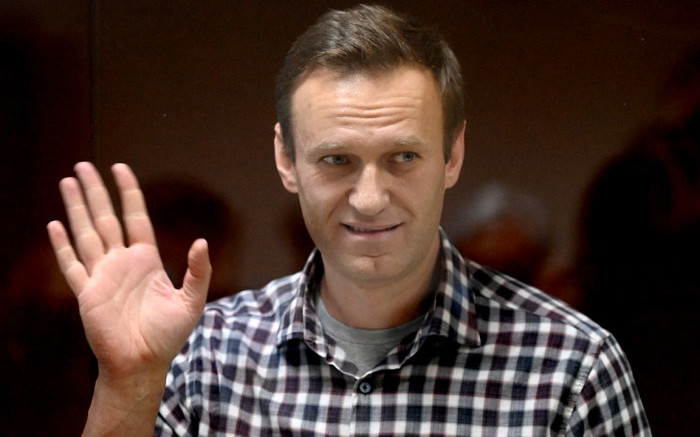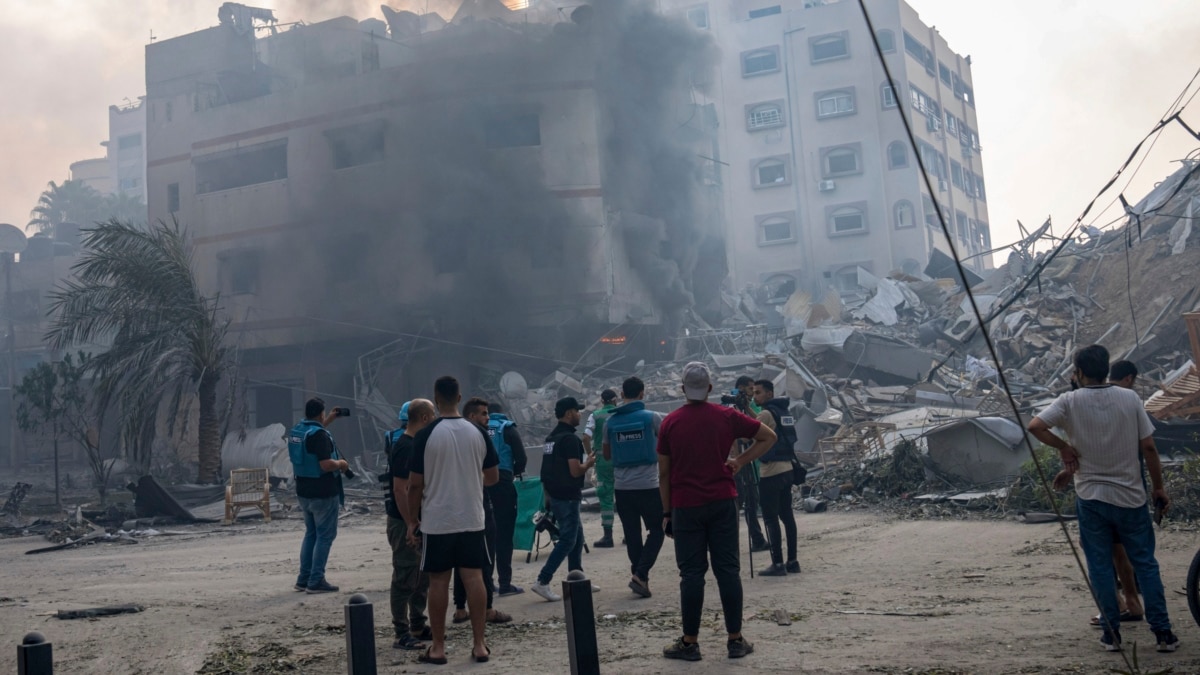
The Supreme Court has ordered the region to hold local elections by September 30, 2024.
India’s Supreme Court has upheld the government’s decision to withdraw special status from the state of Jammu and Kashmir.
With its ruling on Monday, the court also ordered the region to hold local elections by September 30 next year. Critics see the decision as another move by the ruling Bhartiya Janata Party (BJP) to crack down on India’s only Muslim-majority region.
After about seven decades of significant autonomy for the disputed region of Jammu and Kashmir under the Indian Constitution Article 370After the article was granted in 1947 following the first Indo-Pakistani war over the Himalayan region, Prime Minister Narendra Modi’s government revoked the article in 2019.
India’s Supreme Court has been in power since August this year Hear a series of petitions questioning the constitutionality of this move.
On Monday, a five-judge panel unanimously ruled to uphold Modi’s decision, upholding claims that the special status for Jammu and Kashmir was only temporary.
“Article 370 was an interim measure due to war conditions in the state,” Chief Justice DY Chandrachud said. “Reading the text also suggests that it is a temporary provision.”
“A beacon of hope”
The region has been at the center of more than 75 years of hostility between India and Pakistan since the two countries’ independence from British rule in 1947.
Two years later, the Indian Constitution Article 370 came into force and became the basis for the accession of Jammu and Kashmir to the Indian Union. This gave the region autonomy to set its own laws in all matters except finance, defense, foreign affairs and communications.
Modi’s revocation of Article 370 divided the region into two federal territories – Ladakh and Jammu-Kashmir – both of which are directly governed by the central government and have no legislature of their own.
“This is a clear overture to the Hindu-majority electorate in India,” said Ajai Shukla, a defense analyst in New Delhi told Al Jazeera following the government’s decision in 2019.
“There is political polarization here as the ruling party tries to pander to its Hindu constituency and anything it sees as anti-Muslim,” he said. “For the government, it is a step that it promised and has now implemented.”
After Monday’s verdict, Modi called it “a ray of hope, a promise of a better future.”
“It is a resounding statement of hope, progress and unity for our sisters and brothers in Jammu, Kashmir and Ladakh,” the Indian prime minister wrote on X.
Today’s Supreme Court judgment abrogating Article 370 is historic and constitutionally upholds the Indian Parliament’s decision of August 5, 2019; It is a resounding statement of hope, progress and unity for our sisters and brothers in Jammu, Kashmir and…
— Narendra Modi (@narendramodi) December 11, 2023
Political parties in Kashmir that opposed the revocation and were among those who went to court expressed disappointment.
“Disappointed but not discouraged,” Omar Abdullah, former prime minister and vice-president of the Jammu & Kashmir National Conference, posted on X. “The fight will continue.” It took the BJP decades to get here. We are also prepared for the long term.”
Mehbooba Mufti, another former chief minister and president of the Jammu and Kashmir People’s Democratic Party, echoed these views.
“The people of J&K will not lose hope or give up. Our fight for honor and dignity will still continue. This is not the end for us,” she wrote on X.
The Kashmir region is divided between India, which dominates the populous Kashmir Valley, and the Hindu-dominated Jammu region. Pakistan controls some territory in the west and China has a sparsely populated high mountain area in the north.






Recent Comments